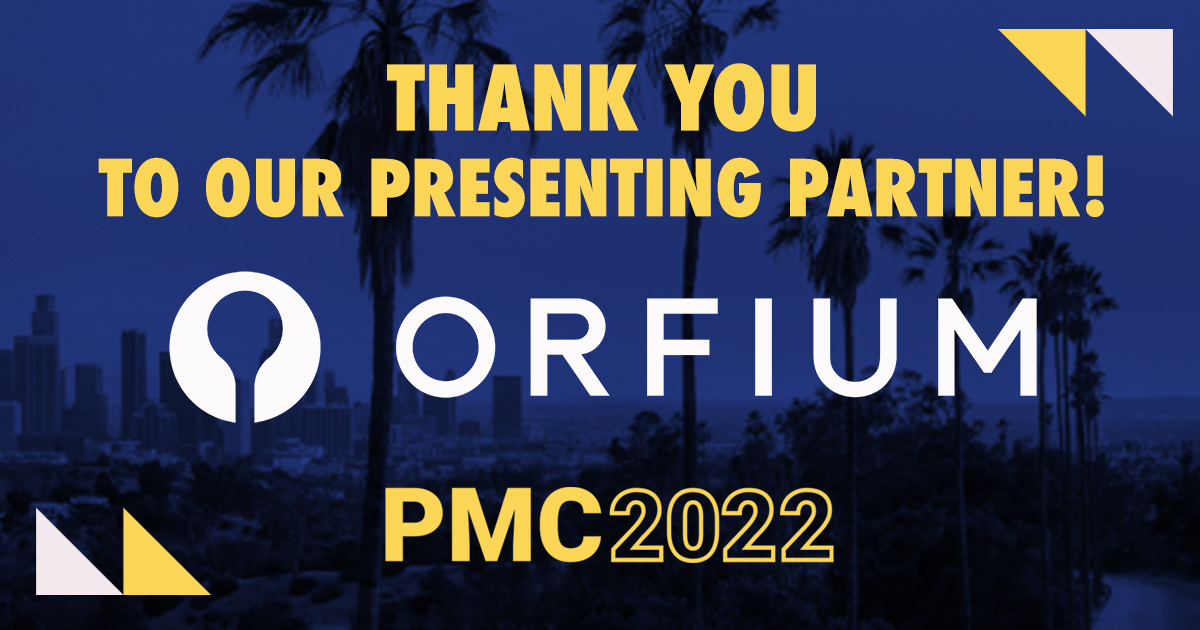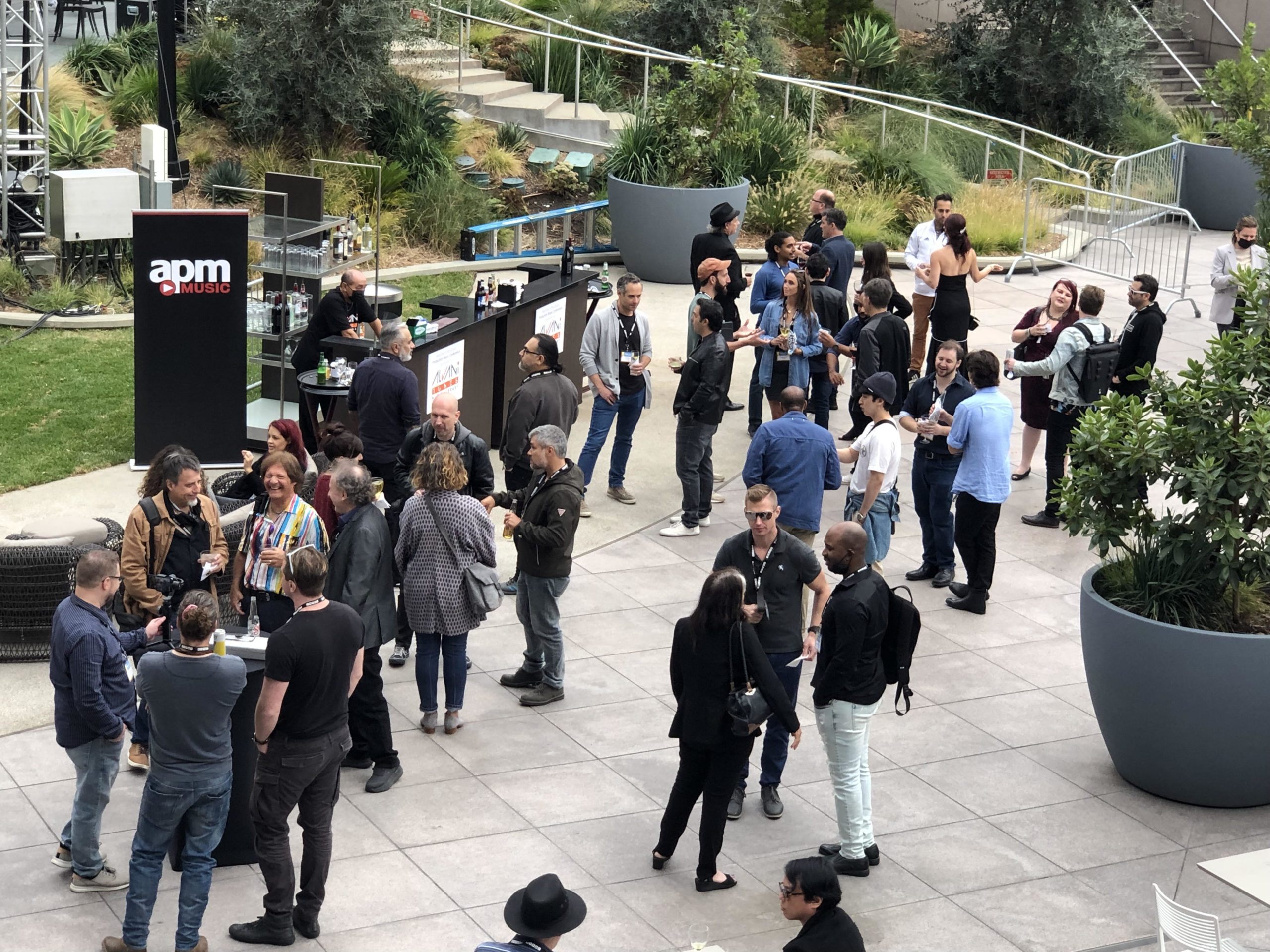Los Angeles, CA — The Production Music Association is pleased to announce ORFIUM as the presenting sponsor of the 2022 Production Music Conference, to be held September 21-23, 2022 in Los Angeles, CA.
“ORFIUM’s dedication to helping music creators protect and monetize their work on UGC platforms is incredibly important as the need for effective digital licensing grows” said Morgan McKnight, Executive Director of the Production Music Association. “We’re thrilled they will be joining us as the PMC presenting sponsor for 2022.”
ORFIUM offers the most powerful automated license clearance software on the market – Synctracker – ensuring your customer’s licensed music use won’t get claimed, while capturing all revenue from unlicensed usage of your music. UGC platforms lack a mechanism to proactively clear licensed use of music on a video-by-video basis. Most companies address this problem by either not monetizing UGC content or by whitelisting entire channels. ORFIUM is solving this problem with Synctracker.
Synctracker is the only solution that programmatically checks each video for licensed music usage before a claim is placed. It is able to distinguish between licensed and unlicensed usage of music, allowing rights owners to monetize true UGC. The API provides for seamless integration with both UGC platforms and your website, managed web application or CRM.
“Sync licensing is seeing huge growth across the UGC, Digital, TV and Film space, with creators desperate to find legitimate ways of licensing the best music catalogues. We are delighted to be working with the Production Music Association and its partners on what should be an incredible conference,” said Francis Keeling, Executive Vice President of Business Development at ORFIUM.
ORFIUM will also join the Production Music Association community on Tuesday, August 23rd from 10am-11am PT for a virtual meet & greet networking and presentation session. You can get more information and RSVP at www.pmamusic.com/events
Anyone interested in a demo with ORFIUM can reach out and schedule with Bryan Bakke – bryan.bakke@orfium.com or place a time on the calendar here.







